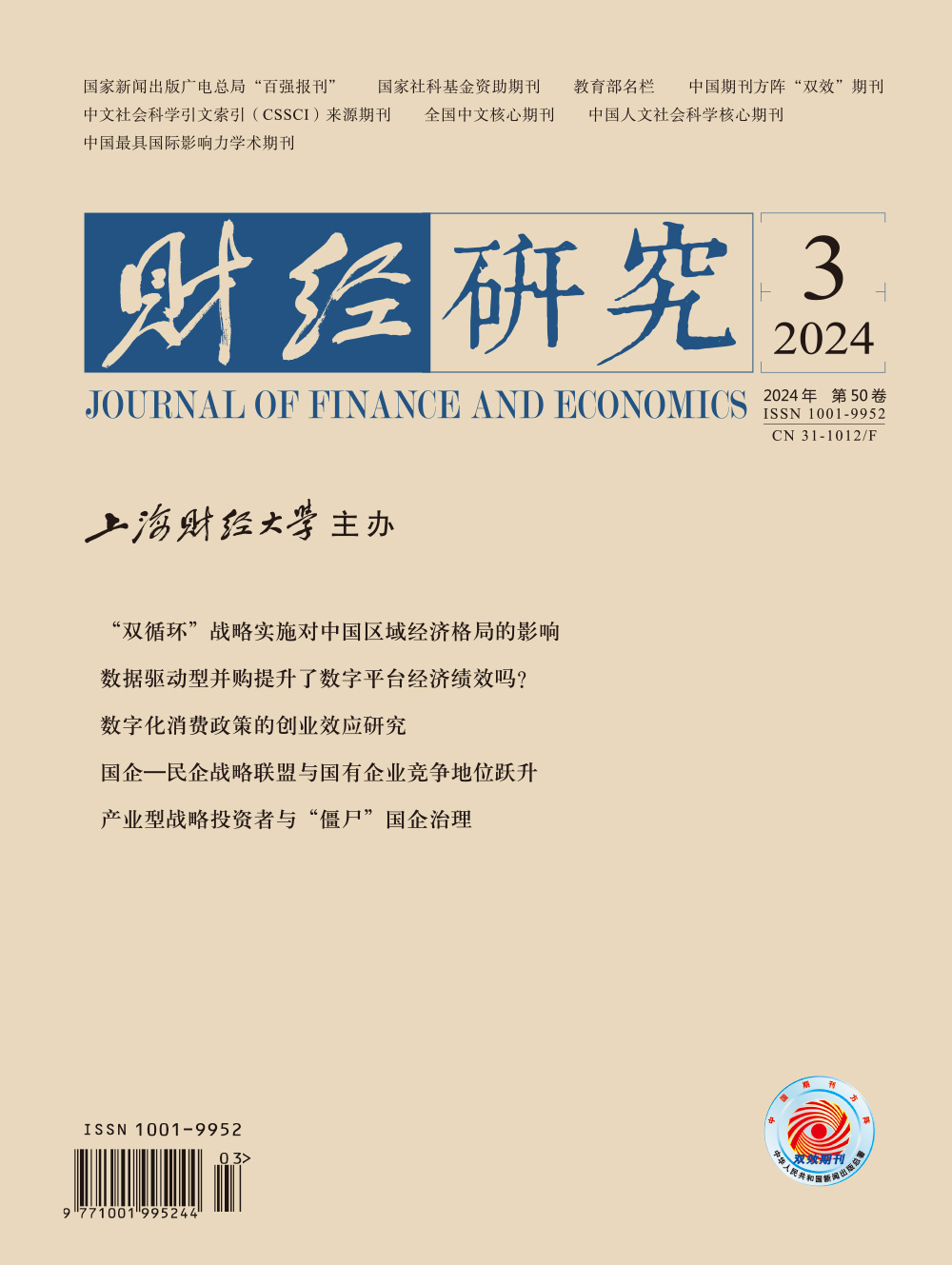The phenomenon of digital platform enterprises implementing “data-driven M&A” to compete for data resources is becoming increasingly common, and it has attracted high attention from antitrust agencies. Existing research on platform M&A and platform competition mostly focuses on the user level, with little mention of the impact of data interaction between platforms. The research methods mainly focus on mathematical models, numerical simulations, case studies, etc., and have not yet been quantitatively analyzed and empirically tested through micro data. The relevant achievements mainly focus on anti-competitive issues such as privacy infringement in the legal field, while economic research on the impact and mechanism of data-driven M&A on the economic performance of digital platform enterprises is still relatively scarce.
On the basis of platform classification, this paper comprehensively uses mathematical models, numerical simulations, and empirical methods at the “data” level to examine the effect of platform data-driven M&A, clarifying the internal relationship between data-driven M&A and platform economic performance. Empirical testing based on 272 digital platform enterprises and their M&A shows that: (1) Data-driven M&A is beneficial for improving the economic performance of digital platform enterprises, and has the characteristics of “time lag” and “long-term convergence”. (2) The “data scale effect” and “market power effect” are effective paths for data-driven M&A to affect the economic performance of digital platform enterprises. (3) Due to differences in the scale of target platform data and the cost of data sharing between platforms, the impact of transactional platform M&A, interbank M&A, high-frequency M&A, high-equity M&A, and cross-border M&A on the economic performance of digital platform enterprises is more significant.
The possible marginal contributions of this paper are as follows: First, it analyzes platform M&A from the perspective of “data”, and reveals that user data is the key driver of digital platform M&A, expanding the research perspective and boundary of platform enterprise M&A. Second, it constructs a platform competition game model containing “data elements”, and uses numerical simulations to reveal the inherent mechanism of data-driven M&A affecting the economic performance of platform enterprises. Third, for the first time, it selects 272 digital platform enterprises and their data-driven M&A events and financial data, and empirically evaluates the impact and heterogeneity effect of data-driven M&A on the economic performance of platform enterprises, providing a data foundation and empirical evidence for the study of the impact of platform data-driven M&A on economic performance.





 4449
4449  7723
7723

